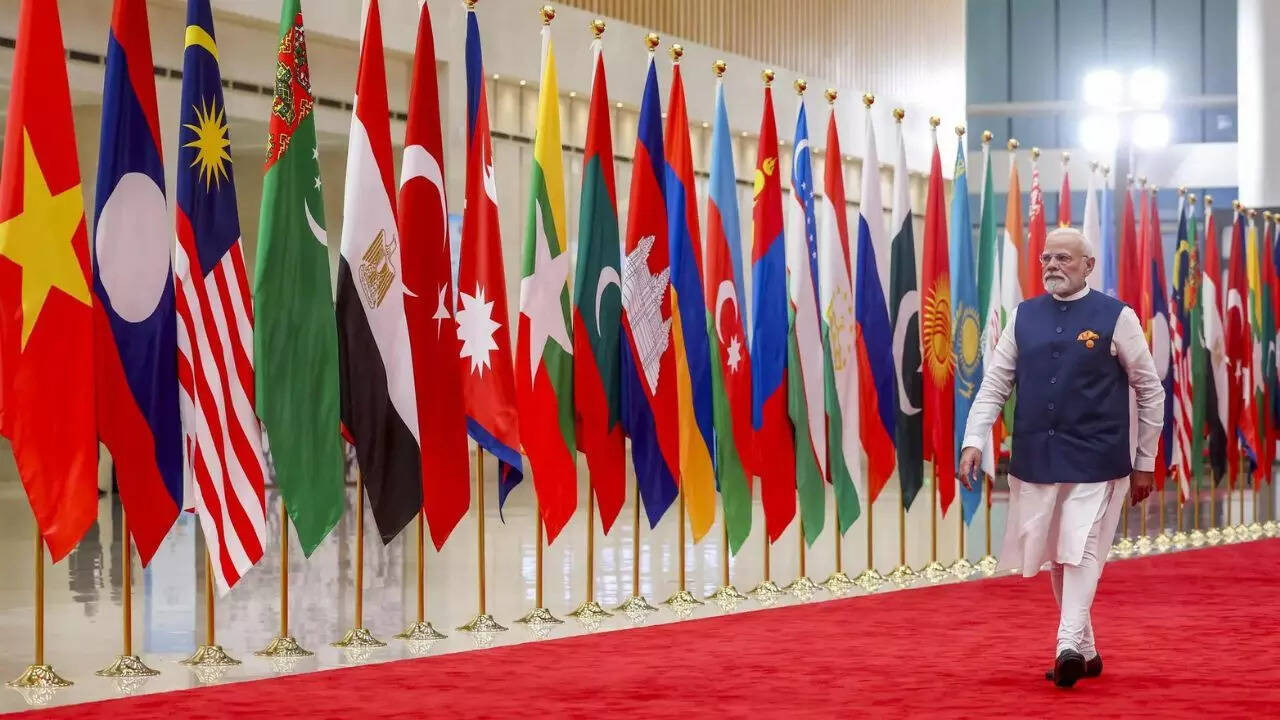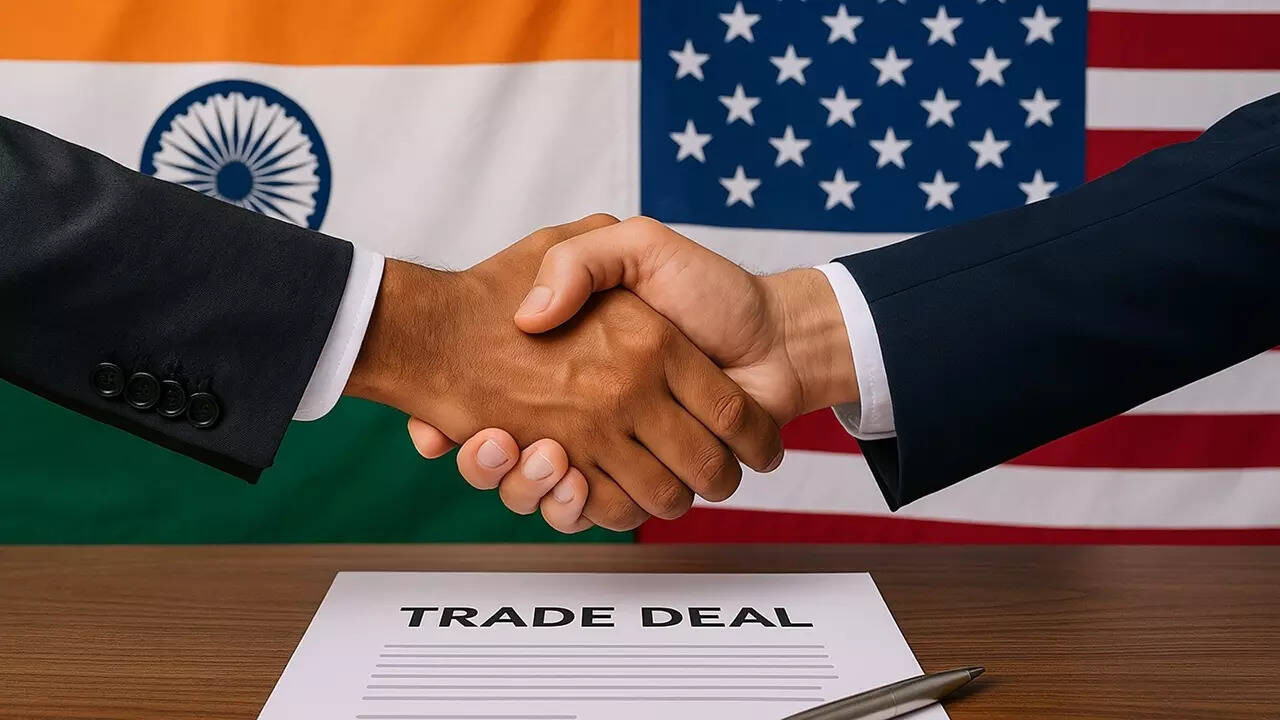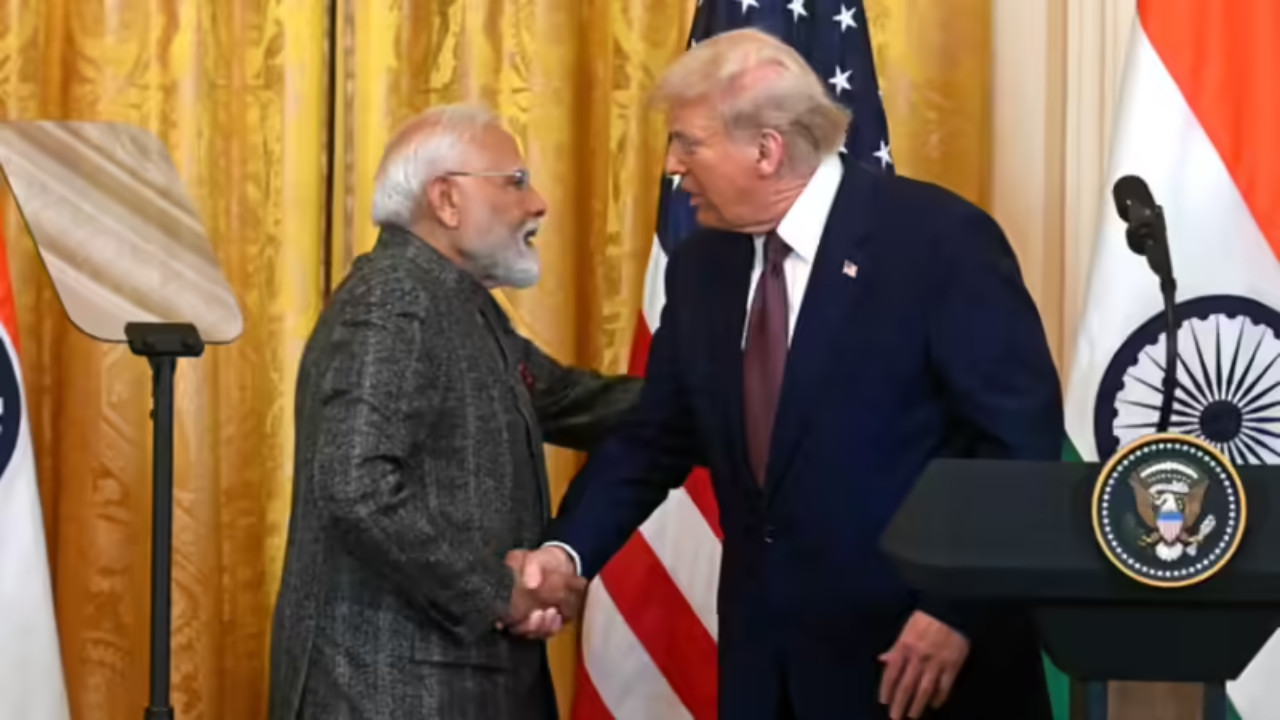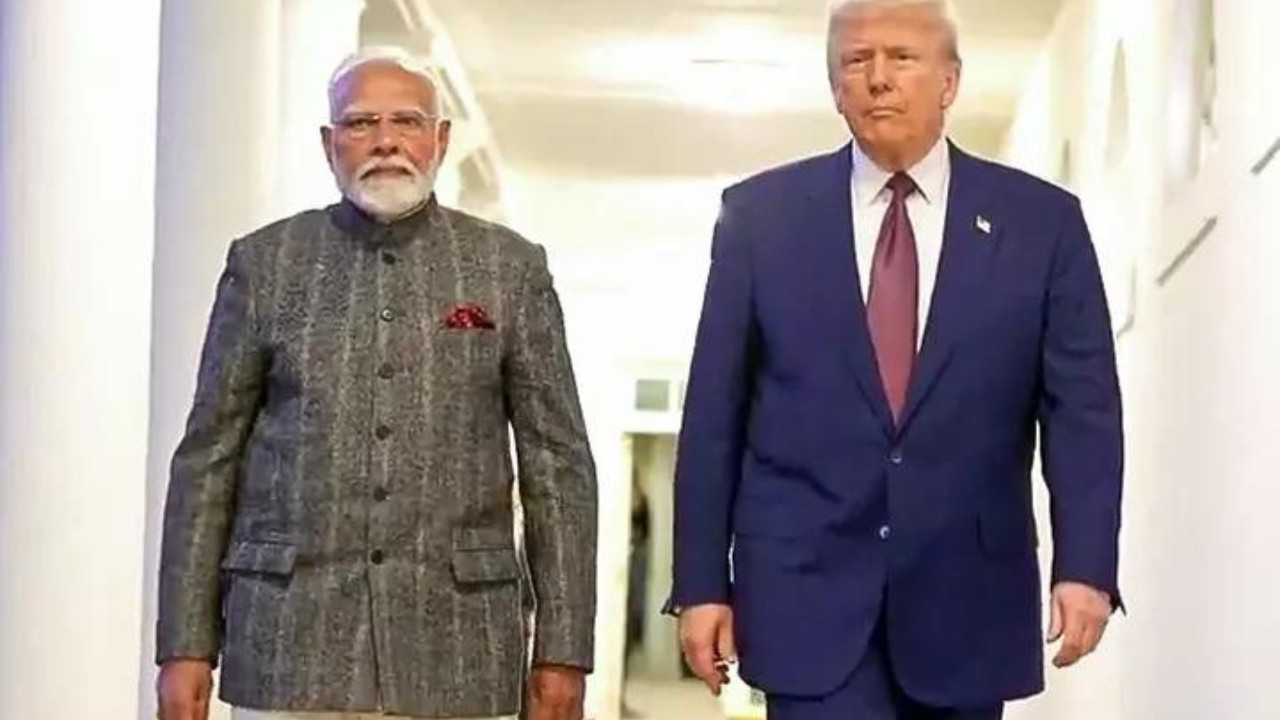At the SCO trade ministers’ Meeting, India cautioned against misusing export measures to create artificial scarcity and distort markets, advocating for transparent and calibrated use to maintain trust in international commerce. India addressed trade deficits by urging greater market access and simplified trade processes.
Fair Trade Winds Blowing: India’s Stance at the SCO Meet
The Shanghai Cooperation Organisation (SCO) recently convened, and amidst the discussions of regional security and cooperation, India’s voice resonated clearly on a critical issue: the weaponization of export measures. In a world increasingly grappling with economic uncertainties, India urged member nations to avoid using export restrictions as leverage, emphasizing the importance of a fair and transparent trade system rooted in the principles of the World Trade Organization (WTO).
The undercurrent of India’s message was clear: protectionist measures, while seemingly beneficial in the short term, ultimately undermine global economic stability and harm long-term growth for everyone. Imagine a game of dominoes where one country restricts exports, causing a ripple effect that disrupts supply chains, inflates prices, and ultimately hinders the economic progress of other nations, even those not directly involved in the initial action. This is the scenario India is keen to avoid.

Championing a WTO-Centered System
India’s commitment to a WTO-centered multilateral trading system isn’t new. It’s a consistent theme in its international engagements. The WTO provides a framework of rules and regulations that aim to ensure a level playing field for all countries, big or small. These rules, while not perfect, are designed to prevent discriminatory trade practices and promote transparency.
Think of the WTO as the referee in a global economic game. It sets the rules, monitors compliance, and helps to resolve disputes. By reaffirming its faith in this system, India is signaling its belief that disputes are best resolved through dialogue and established mechanisms, rather than through unilateral actions that can escalate into trade wars.
The Perils of Weaponizing Exports
The concern about “weaponizing” export measures is particularly relevant in today’s geopolitical landscape. We’ve seen instances where countries have used export restrictions on essential goods, like food or energy, as a tool to exert political pressure. This can have devastating consequences, especially for countries that are heavily reliant on imports.
For example, if a major food producer suddenly restricts exports, it could lead to food shortages and price hikes in importing countries, potentially triggering social unrest. Similarly, restrictions on energy exports can cripple industries and disrupt economic activity. The impact extends far beyond the immediate parties involved, creating instability in the global economy. India is pushing for responsible practices and ensuring that the global trade environment is not jeopardized.
Building Resilient Supply Chains
Recognizing the vulnerabilities exposed by recent global events, India also emphasized the importance of building resilient and diversified supply chains. Over-reliance on a single source for critical goods can create significant risks, as demonstrated by the disruptions caused by the COVID-19 pandemic and geopolitical tensions.
By diversifying supply chains, countries can reduce their vulnerability to disruptions and ensure a more stable flow of goods. This involves forging partnerships with a wider range of suppliers and investing in domestic production capabilities. It’s about building a more robust and flexible global economic system that can withstand shocks. Consider reading our piece on navigating the complexities of global supply chains to further understand this important issue.
Pushing for Fair Trade Practices
The core of India’s message is a call for fair trade practices. This isn’t just about eliminating tariffs and other trade barriers; it’s about creating a system where all countries have the opportunity to benefit from global trade. This requires addressing issues such as subsidies, intellectual property rights, and investment policies, ensuring that developing countries are not disadvantaged in the global marketplace.
Fair trade also means promoting sustainable and ethical business practices, ensuring that goods are produced in a way that protects the environment and respects workers’ rights. It’s about building a more just and equitable global economy that benefits all members of society. India’s leadership at the SCO highlights its commitment to this vision.
Looking Ahead: A Collaborative Future
India’s stance at the SCO meeting underscores its commitment to multilateralism and a rule-based international order. By advocating for fair trade practices and cautioning against the weaponization of export measures, India is playing a constructive role in shaping the future of the global economy. The path forward requires collaboration and a shared commitment to ensuring a stable, transparent, and equitable trade system that benefits all nations. The message is clear: a thriving global economy depends on cooperation and a shared understanding of the interconnectedness of nations.







